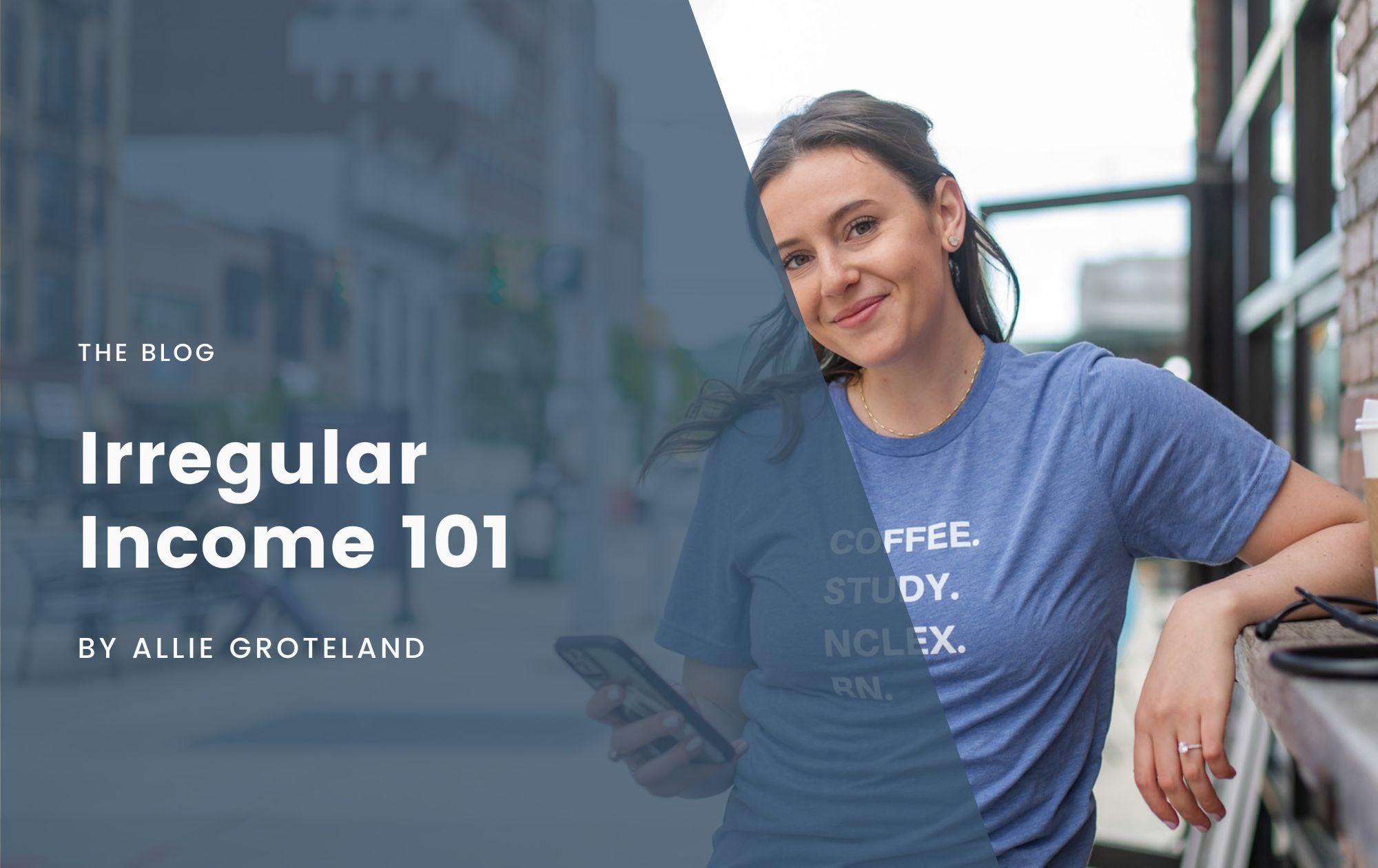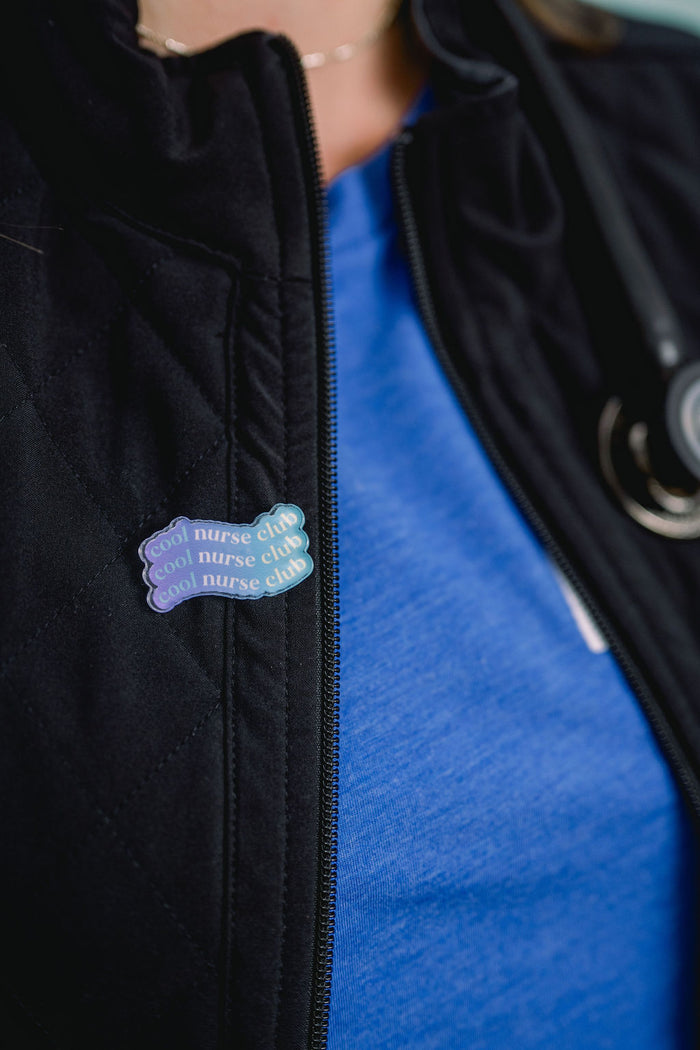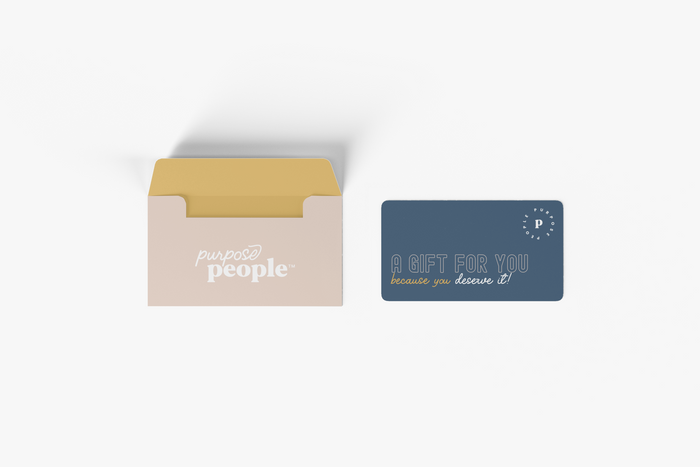
Irregular Income 101
I know many nurses get paid biweekly and have inconsistent income which makes budgeting hard. Many of you also like to take time off or feel like overtime dries up. Really the only way to prepare for this is to create a budget, save and decrease expenses as best as you can! Hopefully by the end of this article, you will have the blueprint to do all of these!
So here are a few tips that I have used to help nurses stay on budget even with the inconsistent income! First, you’ll want to get an average weekly pay and then double that to create a biweekly budget. After you have your numbers, look at all your due dates for your bills and assign them to the first half of the month or the second (you might have to call the companies and see if they will work with you). After you have all your due dates and amounts, create your biweekly budget! You’ll want to create this budget based off the minimum you get paid and then any extra money could go to savings OR what I will talk about later on: debt if you have it! Savings and debt payments should be included in this too, so make sure you are saving a percentage of your income in a high interest savings account for times when you may not be working or want to take a break.
My favorite high interest savings account is Ally Bank, an online bank where you can have a regular savings account that earns interest. Right now with the state of the economy, the interest rate is 0.8% but that is still better than your normal brick and mortar bank AND your money is out of sight but fairly easily accessible and it’s earning free money! This account takes minutes to set up and has been really helpful for increasing my savings!
When it comes to budgeting, I feel that any method works as long as it is something that is sustainable for you. I personally use a zero-based budget and use pen and paper to track my budget. Other people find it helpful to categorize their expenses in percentages and use applications, but that’s up to you to find a method that works!
What’s a zero-based budget? It’s a way of giving every dollar that comes into your account a place to go! For example, if you make $1600/paycheck, you are going to give every dollar a name. If that means you allocate $300 to personal money that’s fine, but you are not leaving money in your account to be spent! This helped me a ton with impulse spending and decreasing my grocery budget because I always knew I only had x dollars to spend. The great thing is you can always change the numbers! Some categories I suggest are food, gas, personal money, savings, debt payments and then add in your regular bills.
One question I often get is “What happens when things come up that I don’t budget for like new tires, Christmas, or other expenses that randomly pop up?” I used to pull from my debt payment for that month, but now that I have a high savings rate I can pull from my savings. Another way to go about this is utilize sinking funds, which are basically savings accounts for those things that pop up! You just have to know yourself and I knew I would spend the money if I had it around, so I chose to just figure it out as things came up!
Now let’s talk about how to pay off debt with inconsistent income! Like I said, when discussing creating the budget, you will need to figure out how much you realistically have every month over your minimum payment to put to debt. After you’ve decided on a realistic amount, you will want to decide on a debt payoff method. There are three main debt payoff methods I utilize with my clients. These are the debt snowball method, debt avalanche method and paying debt based off any emotions.
The debt snowball method is where you list your debts from smallest debt to largest debt and pay your debts off this way, snowballing each minimum payment into the next debt payment as you pay off each debt! This method is great for quick wins and you free up more money faster.
The next method you can use is the debt avalanche method where you list out all your debts from the highest interest rate to the lowest and you pay off each one in order. You would utilize the same system where as you pay off each debt, you roll over that payment into the next debt you are paying off. This method saves you the most money and makes the most sense when looking at the numbers!
Lastly, you can look at your debts from an emotional standpoint. This method isn’t the most budget friendly and doesn’t save you the most money, but any debt that causes you stress needs to be addressed first!
Once you’ve chosen a debt payoff plan, (you could use a combination of the three methods) and know the average amount you can put to debt while you are getting income you can start paying off debt! I would mostly focus on this while you have income so when you want to take time off, you have less to worry about!
The benefit of paying off debt while you have the income is the less money you owe to other people, the less money you will need to live off of! This is the ultimate freedom as a travel nurse because you could save during every assignment once your debt is paid off and have a large travel fund or even a large retirement fund saved up.
I know that covered a lot and it is hard to be specific when you are talking to large groups of people, but if you have questions you can email me or find me on Instagram!
About Allie: Allie is a PICU nurse and was tired of living paycheck to paycheck and having to work overtime to pay her bills. She started learning about personal finance, but never found a method that worked for her until she created her own! After she found a method that worked, she was able to pay off 46k of student loan debt in 18 months while saving 10K for her wedding. She has been student loan and credit card debt free since December 2019! Now she teaches nurses how to align their spending with their values and feel confident with their finances so they can pay off debt and save money without sacrificing what they love through a money course and money mentorship program!
Allie Grotteland
IG: @thedebtfreenurse
www.savingwithoutsacrifice.com












